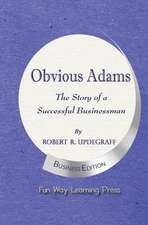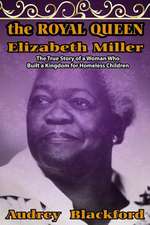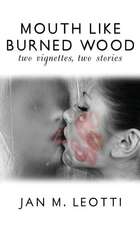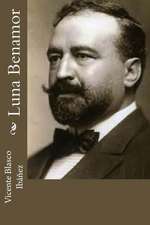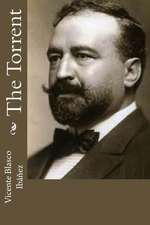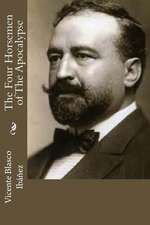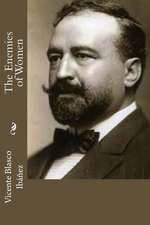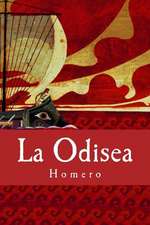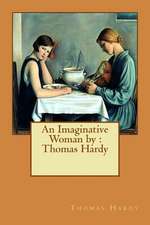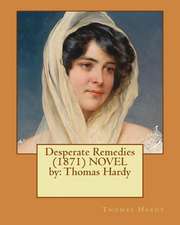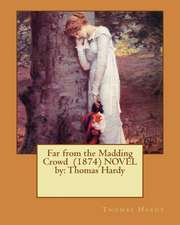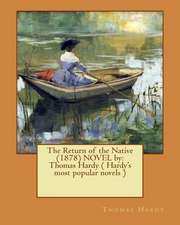The Well Beloved
Autor Thomas Hardyen Limba Engleză Paperback – 11 mar 2009
| Toate formatele și edițiile | Preț | Express |
|---|---|---|
| Paperback (3) | 69.28 lei 3-5 săpt. | |
| – | 69.28 lei 3-5 săpt. | |
| Akasha Classics – 11 mar 2009 | 94.01 lei 6-8 săpt. | |
| 1st World Library – | 96.43 lei 6-8 săpt. | |
| Hardback (1) | 189.88 lei 6-8 săpt. | |
| 1st World Library – | 189.88 lei 6-8 săpt. |
Preț: 94.01 lei
Nou
Puncte Express: 141
Preț estimativ în valută:
18.00€ • 18.37$ • 15.15£
18.00€ • 18.37$ • 15.15£
Carte tipărită la comandă
Livrare economică 25 februarie-11 martie
Preluare comenzi: 021 569.72.76
Specificații
ISBN-13: 9781605124537
ISBN-10: 1605124532
Pagini: 220
Dimensiuni: 140 x 216 x 13 mm
Greutate: 0.29 kg
Editura: Akasha Classics
Locul publicării:United States
ISBN-10: 1605124532
Pagini: 220
Dimensiuni: 140 x 216 x 13 mm
Greutate: 0.29 kg
Editura: Akasha Classics
Locul publicării:United States
Notă biografică
Thomas Hardy (1840 - 1928) was an English novelist and poet. A Victorian realist in the tradition of George Eliot, he was influenced both in his novels and in his poetry by Romanticism, especially William Wordsworth. He was highly critical of much in Victorian society, though Hardy focused more on a declining rural society. While Hardy wrote poetry throughout his life and regarded himself primarily as a poet, his first collection was not published until 1898. Initially, therefore, he gained fame as the author of such novels as Far from the Madding Crowd (1874), The Mayor of Casterbridge (1886), Tess of the d'Urbervilles (1891), and Jude the Obscure (1895). During his lifetime, Hardy's poetry was acclaimed by younger poets (particularly the Georgians) who viewed him as a mentor. After his death his poems were lauded by Ezra Pound, W. H. Auden and Philip Larkin. Many of his novels concern tragic characters struggling against their passions and social circumstances and they are often set in the semi-fictional region of Wessex; initially based on the medieval Anglo-Saxon kingdom, Hardy's Wessex eventually came to include the counties of Dorset, Wiltshire, Somerset, Devon, Hampshire and much of Berkshire, in southwest and south central England. He destroyed the manuscript of his first, unplaced novel, but -- encouraged by mentor and friend George Meredith -- tried again. His important work took place in an area of southern England he called Wessex, named after the English kingdom that existed before the Norman Conquest.

